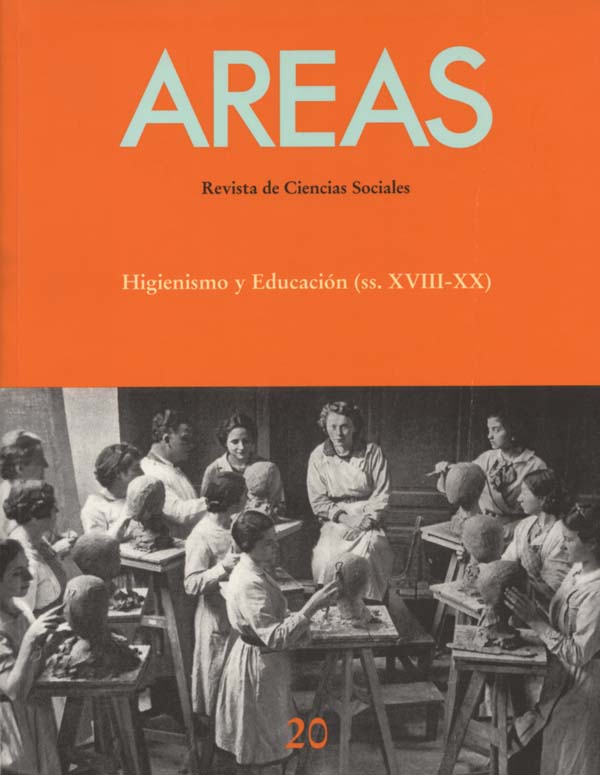THE "SCIENCE OF HEALTH" AND THE "SCIENCE OF MANNERS": HYGIENE AND EDUCATION IN THE EIGHTEENTH CENTURY
Abstract
During the eighteenth century, promoting health through the adoption of good habits became a common aim in pedagogical treatises, domestic medicine works, literature, particularly the novel, and journals. Hygiene and education were an important part of the projects of enlightened reformism, in which social reform and the reform of the individual were tightly connected. This paper focuses on the ways hygiene was popularized, the convictions shared by physicians and educators about the mind-body relationship and about the connections between health and morals, individual well-being and social utility, and analyzes the social and moral meaning of the new habits of health and physical education. Thus, hygiene is read as a new discipline of the body which grew popular in the eighteenth century among the enlightened elites and acquired wide social, moral and political implications.
Downloads
-
Abstract2933
-
PDF (Español (España))1366
The published works by this Journal are subject to the following terms:
1. The Publication Service of the University of Murcia (the Editor) owns the copyright of its publications. It promotes and allows its use under the indicated licence in Section 2.
© Servicio de Publicaciones, Universidad de Murcia, 2011
2. Papers are digitally published under the licence Creative Commons Reconocimiento-NoComercial-SinObraDerivada 3.0 España (legal text). They can be copied, used, disseminated, transferred and publically presented if: i) the author is quoted, as well as the original source of publication (Journal, editorial and URL); ii) they are not used for commercial purposes; iii) the licence of use is mentioned.
3. Auto-file Conditions. It is allowed and authors are encouraged to digitally disseminate their pre-print versions (versions prior to review) and/or post-print (reviewed version accepted for its publication) since it promotes its early diffusion and the corresponding increase of quotes and scope within the academic community. RoMEO Colour: green.


